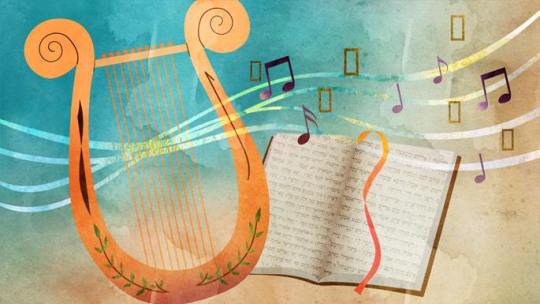Text
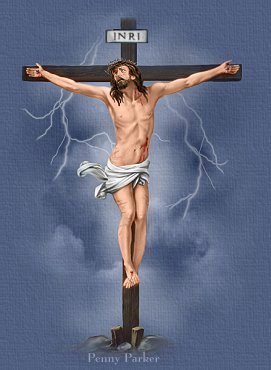
THE SEVEN WORDS OF JESUS ON THE CROSS
3 notes
·
View notes
Text

MARY’S WAY OF THE CROSS
2 notes
·
View notes
Text
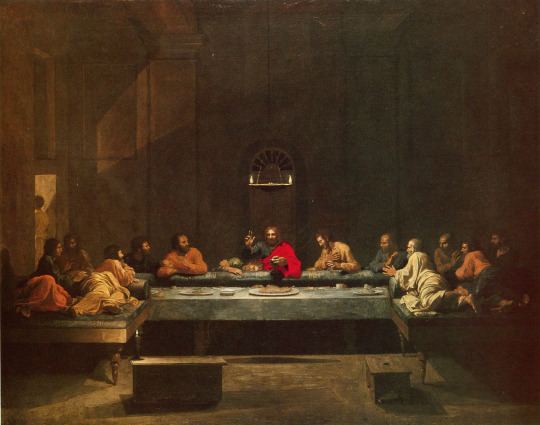
The Last Supper - Maudy Thursday - 3/28/2024
10 notes
·
View notes
Text

Tenebrae - Spy Wednesday Services - 3/27/2024
4 notes
·
View notes
Text

Quote by St. Padre Pio:
"Even in the midst of so much suffering, I am happy because it seems as if my heart is beating with Jesus' heart!"
10 notes
·
View notes
Text

Divine Mercy Novena - Recited from 3/29/2024 until 4/06/2024
5 notes
·
View notes
Text

Story about Palm Sunday - 3/24/2024
5 notes
·
View notes
Text
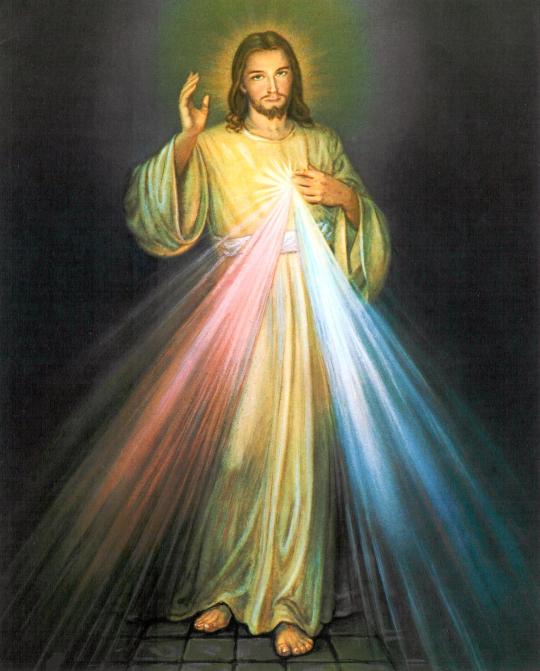
Pamphlet on how to recite the Chaplet of Divine Mercy for the Sick and Dying with an Apostolic Blessing - Daily Prayer'
3 notes
·
View notes
Text

Prayer of Entrustment to the Divine Mercy - Recited Daily
0 notes
Text
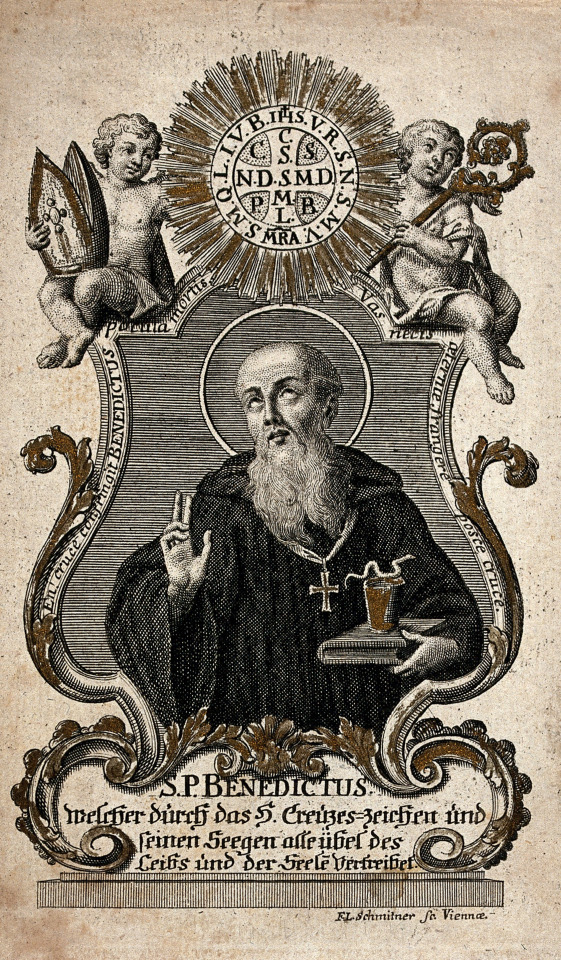
Feast of St. Benedict - Latin Calendar - March 21st
1 note
·
View note
Text
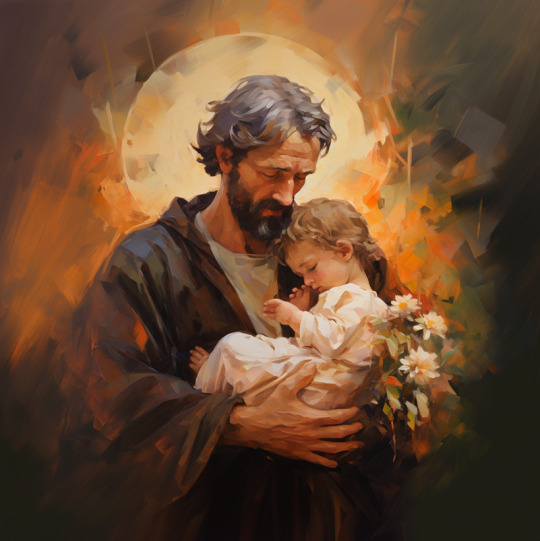
Feast of St. Joseph - Patron Saint of the Universal Church - March 19th
5 notes
·
View notes
Text
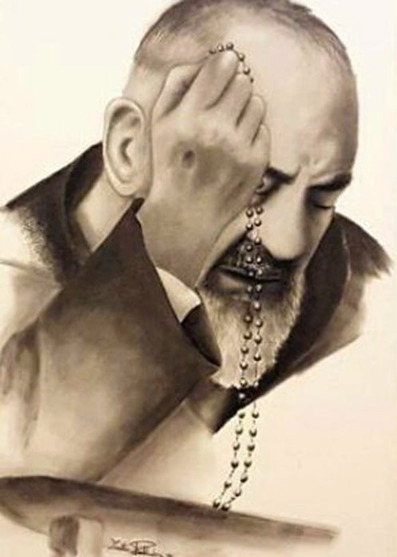
Quote by St. Padre Pio:
"Love our Lady and make her loved - Always recite the Rosary." [daily]
1 note
·
View note
Text

Quote by St. Padre Pio:
"You say you are anxious about the future - but don't know that the Lord is with you always and that our enemy has no power over one who has resolved to belong entirely to Jesus?"
4 notes
·
View notes
Text

Commentary on the Book of Wisdom
1 note
·
View note
Text
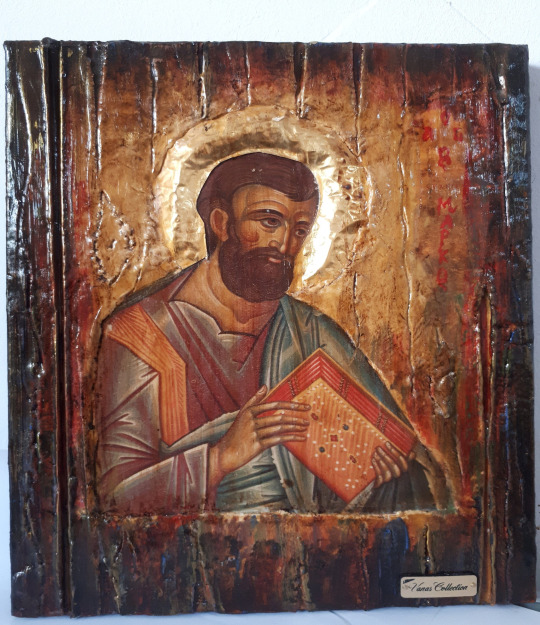
Commentary on the Holy Gospel of Jesus Christ according to St. Mark – Chapter 16
St. Mark, the disciple and interpreter of St. Peter (as noted by St. Jerome.) according to what he heard from St. Peter himself, wrote at Rome a brief Gospel at the request of the Brethren (fellow Christians), about ten years after our Lord's Ascension; which when St. Peter had heard, he approved of it, and with his authority he published it to the Church to be read. Baronius and others maintain, that the original was written in Latin: but the more general opinion is that the Evangelist wrote it in Greek.
Christ appears, first, to Mary Magdalen and the other holy women. Second (v. 12), to two disciples going to Emmaus. Third (v. 14), to the eleven Apostles, whom He sends to evangelize the whole world, adding that signs and miracles will be granted to those who believe. Finally (v. 19), ascending into heaven, He sits at the right hand of God.
And when the Sabbath was past, Mary Magdalen, and Mary the mother of James, and Salome, bought sweet spices, that coming, they might anoint Jesus.
2 And very early in the morning, the first day of the week, they come to the sepulcher, the sun being now risen.
3 And they said one to another: Who shall roll us back the stone from the door of the sepulcher?
4 And looking, they saw the stone rolled back. For it was very great.
5 And entering into the sepulcher, they saw a young man sitting on the right side, clothed with a white robe: and they were astonished.
6 Who saith to them: Be not affrighted; you seek Jesus of Nazareth, who was crucified: he is risen, he is not here, behold the place where they laid him.
7 But go, tell his disciples and Peter that he goeth before you into Galilee; there you shall see him, as he told you.
8 But they going out, fled from the sepulcher. For a trembling and fear had seized them: and they said nothing to any man; for they were afraid.
9 But he rising early the first day of the week, appeared first to Mary Magdalen, out of whom he had cast seven devils.
10 She went and told them that had been with him, who were mourning and weeping.
11 And they hearing that he was alive, and had been seen by her, did not believe.
12 And after that he appeared in another shape to two of them walking, as they were going into the country.
13 And they going told it to the rest: neither did they believe them.
14 At length he appeared to the eleven as they were at table: and he upbraided them with their incredulity and hardness of heart, because they did not believe them who had seen him after he was risen again.
15 And he said to them: Go ye into the whole world, and preach the gospel to every creature.
16 He that believeth and is baptized, shall be saved: but he that believeth not shall be condemned.
17 And these signs shall follow them that believe: In my name they shall cast out devils: they shall speak with new tongues.
18 They shall take up serpents; and if they shall drink any deadly thing, it shall not hurt them: they shall lay their hands upon the sick, and they shall recover.
19 And the Lord Jesus, after he had spoken to them, was taken up into heaven, and sitteth on the right hand of God.
20 But they going forth preached everywhere: the Lord working withal, and confirming the word with signs that followed.
Commentary: Saint Mark - Chapter 16
Verse 1. And when the Sabbath was past. That is to say, at the beginning of the night before the Lord’s day. “After a sad week comes the radiance of a happy day,” says the Scholiast in S. Jerome.
Mary of Jacob (Vulgate), i.e., Mary, the mother of James the Less and Jude, as the Arabic version gives it, and the wife of Cleophas.
And Salome, the wife of Zebedee, and mother of the Apostles James the Great and John.
That coming, they might anoint Jesus. According to the custom of the Jews, says Theophylact; that the body might remain sweet-smelling and be preserved. Spices are of a drying nature. They did not realize the dignity of Christ’s divinity, nor of His resurrection. But they loved Jesus very tenderly, as a man and a prophet, although now dead.
Tropologically, they anoint Jesus, who for love of Him perform acts of piety, humility, obedience, patience and especially works of mercy and charity toward their neighbors, who are mystical members of Jesus. That is why they deserve to be the first to see Jesus risen, so that by recognizing Him and by His grace, merits, and glory they might be strengthened, as though by a new, reviving fervor, and thus become proficient and be perfected. Thus S. Gregory and others. (See commentary on Matthew 26:7.)
Verse 2. The first day of the week [Vulg., una sabbatorum]. That is, Sunday, as verse 9 explains. (See commentary on Matthew 28:1.)
Verse 6. Who was crucified: he is risen: he is not here. “The angel is not ashamed of the cross,” says Theophylact, “for in it is the salvation of men.” The Interlinear adds, “The cross’ bitter root is gone; the flower of life with its fruits, which lay in death, has arisen in glory.”
Verse 7. Go, tell his disciples. “The women are bid,” says the Interlinear, “to announce it to the Apostles, because as by a woman (Eve) death was announced, by a woman it might be told that life had risen again.” And Peter. “That him whom a woman had made deny, a woman might make confess,” says Druthmar. The Scholiast in S. Jerome adds that Peter was named especially because “he counted himself unworthy of being a disciple, because he had thrice denied his Master. But past sins are not harmful when they are no longer approved.” And S. Gregory (hom. 21 in Evang.) says, “If the angel had not named Peter, he would not have dared to come among the disciples. He is called, therefore, by name, that he might not despair on account of his denial.” I have explained other details at Matthew 28:1 ff.
Verse 8. For a trembling (of body) and fear (of mind) had seized them. In Greek, ἔκστασις, i.e., “astonishment,” says Theophylact, “at the sight of the angel and from dread of the resurrection.” But this astonishment was mingled with intense joy. For they were astounded and were glad at the wonderful and joyful things which they heard, even that Jesus their beloved was risen from the dead. This is evident from Matthew 28:8.
For they were afraid. Not only because of the vision of angels, but also “on account of the Jews,” says Euthymius, “lest they themselves should appear to have stolen away Jesus; lest they should kill them when they heard that they had proclaimed the resurrection of Jesus.” Shortly afterwards the Jews placed Mary Magdalen, Martha, and Lazarus in a ship without oars or sail, and sent them to what would have been certain destruction had not God brought them in safety to Marseilles.
Verse 9. The first day of the week. That is, the first day after the Sabbath, or Sunday. Mary Magdalen, out of whom he had cast seven devils. Compare Luke 8:2. Mark adds this to show the power of repentance and love. With these was Magdalen the sinner so inflamed, that she deserved first to see Christ risen again, so that from her, sinners might learn not to despair, but vehemently to love; for so they shall surpass the innocent saints in grace and glory. Thus Bede. Because where sin abounded, grace did more abound (Romans 5:20). Bede adds, “A woman (Eve) was the beginner of transgression. A woman firsttasted death, but (in Magdalen) woman first saw the resurrection, that woman might not bear the
perpetual guilt of transgression among men.” Moreover seven devils are the seven capital sins contrary to the seven principal virtues, sins over which devils preside. Thus S. Gregory, Theophylact, and others. This apparition of Christ to Mary Magdalen is narrated at length in John 20:11 ff. (See commentary on Luke 8:2.)
Verse 12. And after that he appeared in another shape (Arabic, “garment,” i.e., of a traveler) to two of them (the disciples) walking, as they were going into the country. Arabic, “to the village”; Greek, “into the field,” i.e., to a country house at Emmaus. For, as S. Augustine says (de Consensu Evangel.), “by the name of "country" were called not only villages, but towns and boroughs outside the capital, which was the mother city of all.” These disciples, therefore, were going from the city of Jerusalem into the country, that is, into the neighboring small town of Emmaus. This place later was made a famous city by the Romans, and called Nicopolis, as a monument to their victory in the capture of Jerusalem. Thus Adrichomius and others. This appearance of Christ is the same as that related in Luke 24:13, as is plain from the circumstances, which are the same in both cases. So commentators generally. Euthymius is almost alone in thinking that this was different from the one in Luke, because Mark adds that the Apostles did not believe them when they told them that Christ was risen, while Luke intimates the contrary, that they did believe. But the answer is easy, that some believed, but others did not believe; or, as Theophylact says, the Apostles believed, but the
other disciples did not.
Verse 13. Neither did they believe them. This happened by the permission and providence of God. For this incredulity of theirs “was not so much their weakness as it was to become our strength,” says Gregory (hom. 29 in Evang.). “For the resurrection itself was made manifest to them by many proofs, when they doubted of it. And when we read and acknowledge these things, what else is it but to be confirmed by their doubting?”
Verse 14. At length he appeared to the eleven as they were at table. The Vulgate has novissime, “last of all”; Greek, ὕστερον, i.e., afterward, then, subsequently. This was the last appearance of Christ on Easter, or the day of the resurrection, when He appeared in the evening to the eleven Apostles; for S. Mark relates only those appearances which took place on that day, omitting those which occurred later. You may say, “But if so, He did not appear to the eleven, but to ten Apostles only, for Thomas was absent.” Hence Maldonatus thinks that this appearance was that which took place on the eighth day afterward, when Thomas was
present. But I say that they are here called the eleven, even in the absence of Thomas, who was the eleventh, because the college of the Apostles had been reduced to eleven after the treachery and hanging of Judas. That is why they are here called the eleven, although one of them, Thomas was not present. Thus the Decemvirs were called by that name when gathered together, even though one or another might be absent. There is a similar reference in Luke 24:33. Thus Bede and S. Augustine (lib. 3 de Consensu Evang. cap. 25).
At table (Vulg., recumbentibus, reclining). Observing this, S. Bernard infers (serm. de Ascensione Domini), “It is worthy of belief that He gladly heeds the prayers of those who apply themselves [incumbentibus], when He does not disdain to attend to those who are reclining.”
They did not believe. S. Jerome (lib. 2 contra Pelag.) writes that, in some Greek codices, after these words the following is added: “And they were content, saying, ‘Substance is that world of iniquity which by the agency of evil spirits suffers not the true power of God to be apprehended: therefore, now reveal Thy righteousness.’”
But the Church has expunged all this, for it savors of the Manichaean or Montanist heresy.
He upbraided their incredulity. Syriac, “little faith”; Arabic, “He upbraided them on account of the paucity of their faith.”
Verse 15. And he said to them: Go ye into the whole world and preach the gospel to every creature. He said this, not on Easter day, when He appeared to the eleven as they sat at table, but afterwards, when He showed Himself to them and others on a mountain of Galilee, as related in Matthew 28:16 ff. Or it may be that He charged the Apostles with this chief and peculiar duty of preaching the gospel more than once, so that He introduced it to them on Easter day, as Luke 24:47 implies, and then repeated it on the mountain in Galilee, and finally confirmed it on the day when He ascended into heaven.
Into the whole world. That is to say, not into Judea only, as ye have done hitherto and as I commanded you (Matth. 10:5), but you shall proclaim the gospel far and wide throughout the world. For it does not seem probable that a few Apostles should have traversed and converted the whole world, especially because in America, lately discovered, no traces of the Christian Faith have been found.
To every creature. That is, to all nations, as Matthew 28:19 says. This is a synecdoche, for the genus is applied to the most noble species thereof, namely “creature” for “man.” Man indeed is the most noble creature, created in the image of God, the Creator Himself.
Verse 16. He that believeth and is baptized, shall be saved: but he that believeth not shall be condemmed. This saying of Christ is misused to support their heresies: First, by the Lutherans, to prove that faith alone suffices for salvation, and that good works are not required. But I reply that the meaning of Christ, as Euthymius, Theophylact, and others have correctly noted, is: he that shall have believed, etc., as if to say, “he that, believing in Christ and receiving His baptism, has been washed from his sins, imbued with the grace of God, and sanctified, he shall be saved,” understand, “if he die a holy death in that state of grace, retaining the grace of God even unto death and not losing it through any sin.” But it is impossible for a baptized person to continue in this state of grace if he does not perform those good works which the law of Christ commands. Also, within the name of “belief,” or “faith and baptism,” as the prime requisites, and which at the beginning of the Church were chiefly to be inculcated upon the gentiles, all other things that follow must be understood, contained in them as in their root, such as hope, charity, good works, etc., as I have shown at length in the introduction to S. Paul’s epistles. See S. Augustine’s book, On Faith and Works.
Second, the Anabaptists infer from this saying of Christ that little children must not be baptized, because they cannot believe. But I answer, Christ is here speaking of adults. For only adults are able to believe, and all the preceding words apply to adults only. That little children ought to be baptized is plain from the perpetual tradition and practice of the Church, and from the words in John 3:5, Amen, amen, I say to thee, unless a man be born of water and the Holy Ghost, he cannot enter into the kingdom of God.
S. Augustine adds, and reiterates in various passages, that these words of Christ do refer to infants also in a way, for as they sinned by the will of Adam, not their own, and contracted Original Sin, so likewise they believe by the faith of the Church, of their parents, or of those who present them for baptism, not by their own.
Third, the Calvinists gather from these words of Christ that baptism is not necessary for salvation, but that faith only is sufficient, because of it alone, they say, Christ subjoins, But he that believeth not shall be condemned. I reply that under the word believe, i.e., under “faith,” baptism must be understood, which is the sacrament of faith, as well as all the other things which spring from and follow faith, as I have just said. For Mark, for brevity’s sake, left it to the reader to gather from what he had said immediately before, that these must be understood to mean: “or shall not be baptized.” For otherwise the antithesis would be maimed and imperfect. For it to be complete, we must read as follows: “He that believeth and is baptized shall be saved; but he that believeth not, or is not baptized, shall be condemned.” For that baptism is necessary for salvation is plain from the words of Christ in John 3:5, already cited.
Verse 18. They shall take up serpents (Vulg., tollent, which can also mean “take away”) from the places which they infested, and as Euthymius says, “They shall destroy them, kill them, or even take them up in their hands without harm,” as Paul did the viper (Acts 28:3 ff.). Hence the Arabic translates, “They shall take up serpents in their hands.”
And if they shall drink any deadly thing, it shall not hurt them. They shall drink poison unharmed, as the Apostles and many saints have done.
They shall lay their hands upon the sick, and they shall recover. Note that these signs were necessary in the early Church for proving and strengthening faith in Christ. Hence at that time almost all Christians wrought miracles, at least of certain kinds; as, for example, the expulsion of devils from energumens. This is plain from Justin's Dialogue against Trypho, Tertullian (Apolog.), Lactantius, and others. Many also at that time received at baptism the gift of tongues. See Acts 10:46 and 19:6.
Mystically, S. Bernard (serm. 1 de Ascens.) says, “The first work of faith which worketh by love is compunction of heart, by which, without doubt, devils are cast out when sins are rooted out of the heart. After that they who believe in Christ speak with new tongues when old things depart out of their mouth, and for the time to come they speak not with the old tongue of our first parents, who declined unto words of wickedness in making excuses for their sins. But when by compunction of the heart, and confession of the mouth, the former sins have been blotted out (in order that men may not backslide, and their latter end be worse than the beginning), it is needful that they take away serpents, that is, extinguish poisonous suggestions, etc. If they shall drink any deadly thing it shall not hurt them. This means, when they feel the stings of concupiscence, they shall not consent. They shall lay their hands upon the sick, and they shall recover. This means, they shall cover their evil affections by good works, and by this medicine they shall be healed.”
S. Gregory (homil. 29 in Evang.) gives a somewhat different reading. “The faithful who have left earthly words, and whose tongues sound forth the holy mysteries, speak a new language; they who by their good warnings take away evil from the hearts of others, take up serpents; and when they are hearing words of pestilent persuasion, without being at all drawn aside to evil doing, they drink a deadly thing, but it will never hurt them; whenever they see their neighbors growing weak in good works, and by their good example strengthen their life, they lay their hands on the sick, that they may recover. And all these miracles are that much greater, in that they are spiritual, and by them souls and not bodies are raised.”
Verse 19. The Lord Jesus. . . was taken up into heaven. By His divinity, by means of the quality of agility communicated from it to His body, on the fortieth day from His resurrection, that is, on the feast of the
Ascension. I have dealt at length with Christ’s ascension at Act 1:9.
And sitteth on the right hand of God. In what manner He sitteth I have explained with many arguments at Colossians 3:1.
O kingdom of eternal blessedness, where youth never ages, where beauty never pales, where love never cools, where health never languishes, where joy never decreases, where life knows no end!” (S.
Augustine, in Soliloq. c. 35).
For more stories, please visit our website:
3 notes
·
View notes
